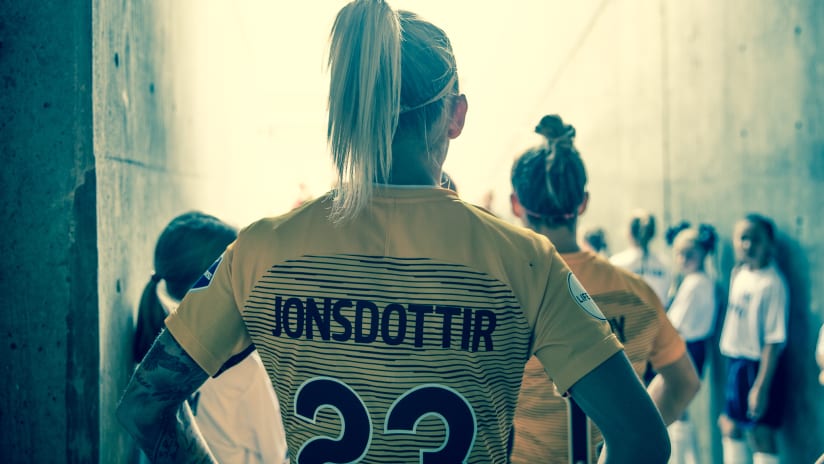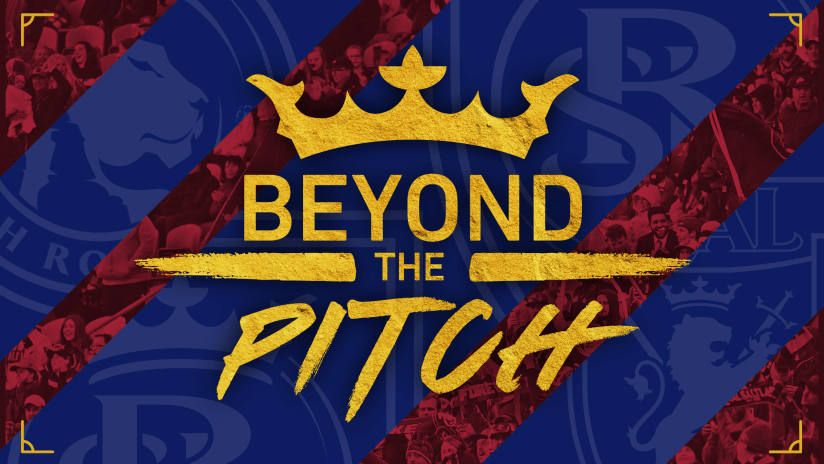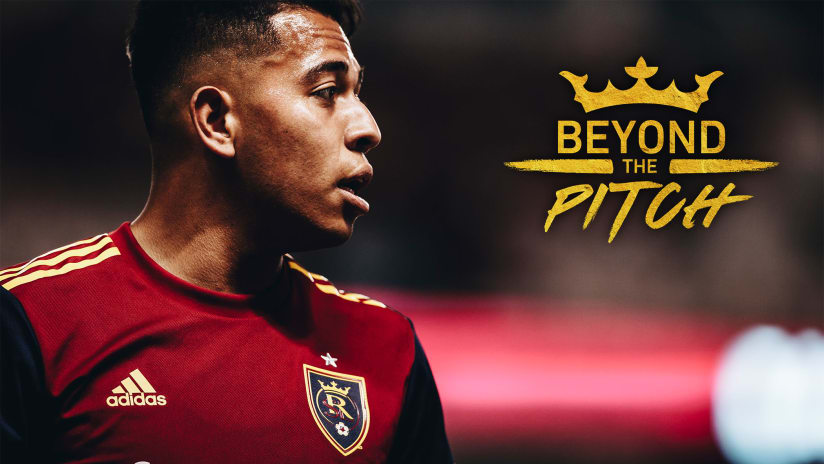Growing up, Omar Holness always knew he could count on his dad to be his biggest fan. After every game he played, Duke Holness would tell his son about all of the things he did well. He also had a tendency to be his harshest critic.
So when he was considering leaving the game at 17 years old after a torn ACL in his right knee put a roadblock on his path to success, he heeded the words that his father told him. And now, six years later, Omar Holness looks back on that conversation with a smile, knowing that the injury wasn’t and endpoint, but just a detour because of the confidence that his father had in him.
From a young age, Holness found success and passion in the game of soccer. In 2011, he was a fixture with the Jamaican U-17 National Team, but a knee injury altered his course.
“I didn’t know what was happening. I felt a huge shock through my leg. And I was scared,” he said. “As a 17-year-old you have to wonder what’s out there. I knew it would be difficult to come all the way back. I didn’t think it was possible. There was a point where I thought I didn’t want to play anymore.”
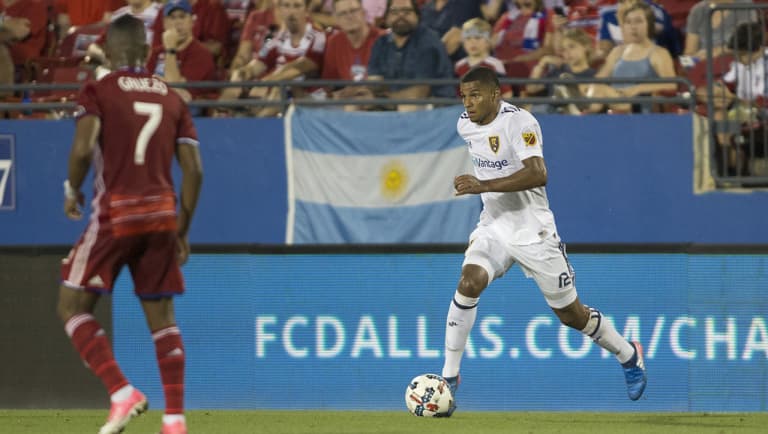
Nearing his 18th birthday and seeing the fun his friends were having, he wanted to join in. He saw a long, arduous road to recovery and thought that forgoing those late nights and leisurely afternoons with his friends wasn’t worth the sacrifice.
Duke had another agenda.
“There’s so much more to achieve, but it’s obvious that you have some talent,” Omar remembers his father telling him. “It’s going to take hard work and dedication, but you have to be focused and you have to be driven. All this other noise is not important at this time. What is important is the journey.”
After a long recovery of nearly a year, he got back on the field and back on course. He got back involved with the Jamaica U-20 National Team, which led to a scholarship offer at the University of North Carolina in Chapel Hill.
There, he rediscovered his passion and when he scored a goal against Maryland, it signaled to him that his father was right.
He recovered the ball in his own half, dribbled around one defender, then another. Seeing open space in front of him, he was off to the races. It wasn’t until the edge of the opponent’s 18 that he was challenged, so he moved the ball from his right to his left and then shot the ball across the goalkeeper and inside the right post for a goal.
“Immediately, I said ‘Dad, you were right. It’s clear that I have some talent – something.’”
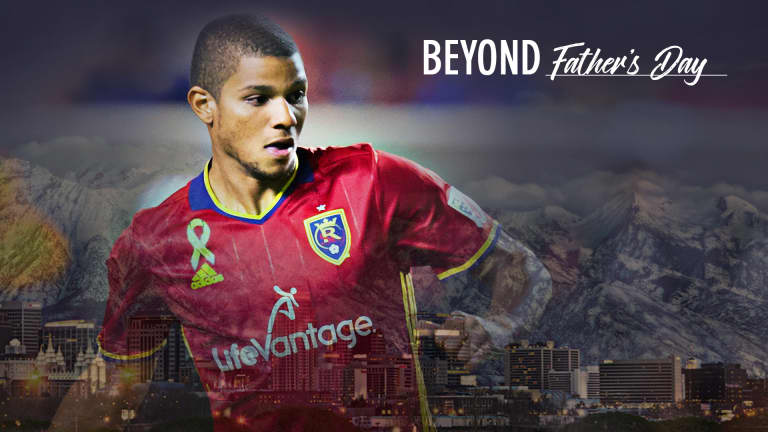
His work wasn’t done though. He persisted in training with the always-competitive Tar Heels. Then left school early to sign with Major League Soccer. Drafted fifth overall by Real Salt Lake in the 2016 MLS SuperDraft, he joined a club that already had a strong Jamaican contingent with Assistant Coach Tyrone Marshall, Head Scout Andy Williams and newly-signed defender Demar Phillips. Among them, that trio had nearly 250 caps for the Jamaican National Team, for whom Holness had recently made his debut.
They also offered three sources for advice as he transitioned into his professional career.
“We knew they could be good influences on my career,” he said. “Learning from them, the sky’s the limit.”
After a whirlwind first season that saw him suffer a traumatic on-field seizure that left him sidelined for a long stretch with a dislocated shoulder. Already armed with the experience of a long injury recovery, this two-month stretch seemed simple. And while he made his progress, it wasn’t until 2017 that he scored his first professional goal – a cracker with Real Monarchs while on the loan to the USL side.
Two weeks ago, though, he scored his first MLS goal with RSL against FC Dallas.
Loitering around the penalty spot, he took a pass from Joao Plata and spun a first-time shot into the net and while it didn’t ultimately affect the outcome, it was still another confidence boost for the 23-year-old.
Holness received several text messages, but the most important came from his father.
“Wicked goal son. Wicked, wicked goal!!!!!!” read the message.
He smiled at recalling the note, before adding an addendum.
“But he did critique me on a number of things he thought I did wrong. Going back over the film … he was right,” Holness laughed. “He was very right.”

